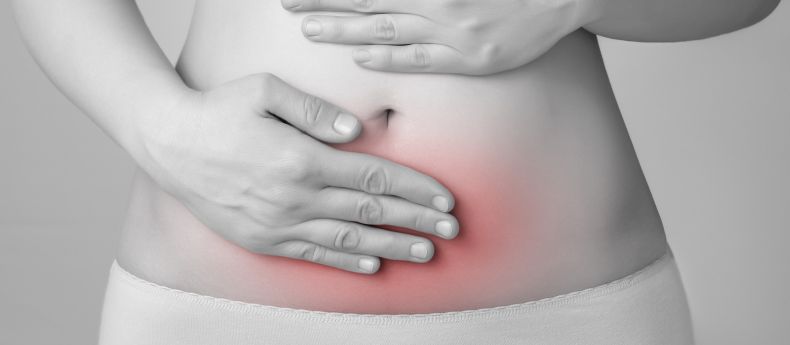
Do You Suffer from Severe Menstrual Pain?
Ninni JI, CMO of LTU and chair of Women's Health Center of Shanghai market, Chair of Obstetrics & Gynecology, Obstetrician & Gynecologist
Menstruation is a fact of life for women the world over. While the majority of women may experience mild pain or discomfort, which is to be expected, the monthly menstrual cycle can be exceedingly painful for some. If you are part of this group, you could have a condition known as dysmenorrhea.
Symptoms
In addition to severe pain just before, during or after menstruation, other symptoms of dysmenorrhea include cramps or pain in the lower abdomen or lower back, a pulling feeling in the inner thighs, diarrhea, nausea, vomiting, headaches and dizziness.
Treatment
Treatment for dysmenorrhea varies. Hormones, or medications that help to reduce the pain, can be used, but in some instances surgery may be one way to remove the cause of the pain altogether. The type of treatment that your gynecologist ultimately recommends depends on whether you are suffering from primary or secondary dysmenorrhea.
Primary dysmenorrhea
Primary dysmenorrhea is a pelvic pain that occurs as a result of menstruation along with the natural production of prostaglandins, chemicals made by the uterus during menstruation. Often primary dysmenorrhea begins soon after a woman starts having periods at 13 to 17 years of age. While in many cases a woman’s periods become less painful as she gets older, some women may still suffer each month as they age. If so, your gynecologist can work to reduce the problem, treating the condition with hormones or medications that help to relax the muscles of the uterus.
Secondary dysmenorrhea
Secondary dysmenorrhea however, is often caused by other conditions, most commonly endometriosis or fibroids. Endometriosis occurs when the tissue from the lining of the uterus grows outside of the uterus, primarily in the ovaries and/or the fallopian tubes, but even sometimes on the bladder, pelvic floor or bowls. Although not part of the uterus, the tissue acts much like the uterus, breaking down and bleeding, causing severe pain during menstruation. Fibroids on the other hand are growths that form on the outside or inside of the uterus. Although not cancerous, they can cause very heavy bleeding and severe pain during menstruation.
Gynecological laparoscopy
A multitude of conditions such as endometriosis or fibroids can be easily treated using gynecologic laparoscopy. Gynecologic laparoscopy is one of the most common surgical procedures performed by gynecologists and has become the treatment of choice for many conditions.
Gynecologic laparoscopy is a minimally invasive surgery. This technique allows gynecologists to perform operations through very small incisions compared to traditional surgical techniques which require large incisions through muscles and other tissue to approach the surgical sites. Patients can expect shorter hospital stays, smaller wounds, less scaring and fewer complications, as well as a more rapid and less painful recovery.
What to expect
After a gynecologic procedure at a United Family Healthcare (UFH) facility, a patient normally spends two to three hours in the recovery room and is then taken to an inpatient hospital room. Time spent in the hospital varies depending on the type of operation. However, most patients undergoing gynecologic laparoscopy at UFH will only spend one night in the hospital after surgery.
When discharged from the hospital, the length of time it takes to full recovery can vary, depending on the nature of the surgery and the condition of the person. After gynecologic laparoscopy surgery, patients may feel some soreness around the incision sites, which is normal and expected. Most patients require only a small amount of pain medication over the first two to three days after going home, while some might not need any at all. The majority of patients recover and return to their daily activities only one week after the surgery has been completed.
Resource:
The American Congress of Obstetricians and Gynecologists: http://www.acog.org
Copyright United Family Healthcare 2018 All right reserved ICP 京ICP备13017554号-4




